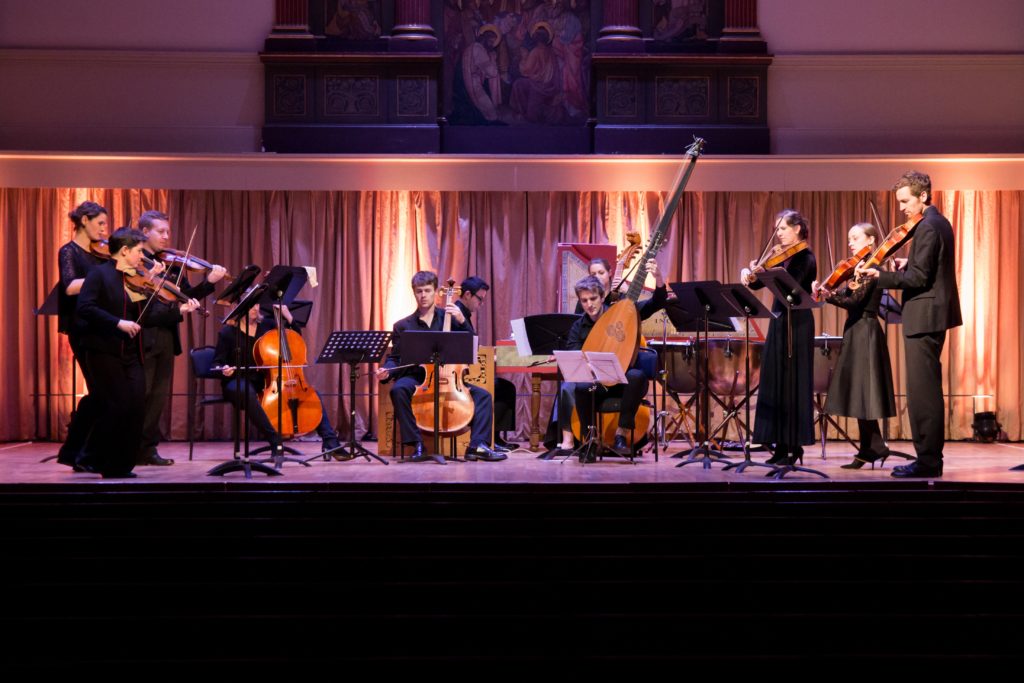
THE eight members of Spiritato opened this year’s festival in some style, exploring the ‘Northern Light’ that shone from mainly German composers born between the 1620s and the 1650s. By far the best-known of them was Johann Pachelbel, who was the only composer we heard from twice.
The other unifying factor was that all their music was unearthed recently from a collection essentially assembled by Gustaf Düben at the Swedish court, where he was a member of its orchestra from 1648.
On this occasion, Spiritato omitted its much-vaunted trumpets but fielded two violins and two violas, with four instruments in its continuo section. This lent particular muscle to the bass line, no bad thing in Baroque music.
But whenever viola da gamba and bassoon were underpinned by organ, itself rather boomy, the balance was awry and bottom-heavy. Whenever harpsichord replaced organ, the upper strings emerged with much greater clarity.
Although seven of the nine numbers here were designated ‘sonata’, virtually all made use of a ground bass – chaconne if you prefer – at some stage. These sonatas, not to be confused with classical sonata form, had numerous sections, varying in tempo, meter and character.
The opening one, by Heinrich Schmelzer, was a variation sonata, where Spiritato’s rhythms were especially lively. A Pachelbel Ciaccona, its title already hinting at a nod towards Italy and built solely on the top four notes of the descending minor scale, featured riffs for the upper strings, which were eagerly seized upon.
Rather in the manner of jazz, individual instruments were allowed to the fore: Sergio Bucheli’s idiomatic theorbo in a Johann Kaspar Kerli sonata, for example, while Catriona McDermid’s agile bassoon had a moment in the spotlight courtesy of a Krieger sonata – which also had a touching pianissimo ending.
One of the evening’s most memorable offerings was the fifth of Pachelbel’s six Musical Delights, this one a trio sonata in C, where the counterpoint was exceptionally smooth – and silkily delivered.
A Kirchhoff sonata demanded, and received, considerable virtuosity from the violin of the group’s leader, Kinga Ujszászi; she also gave witty introductions to several of the works. She oversaw tempo-changes throughout, including a hyperactive epilogue to the closing Romanus Weichlein sonata.
These composers may not have been among the greatest names in music history. But they were the men who tilled the very ground from which the great J S Bach was to spring in 1685. He owed them much.
Review by Martin Dreyer
York Early Music Christmas Festival runs until December 15. For the full programme and tickets, go to: ncem.co.uk.
